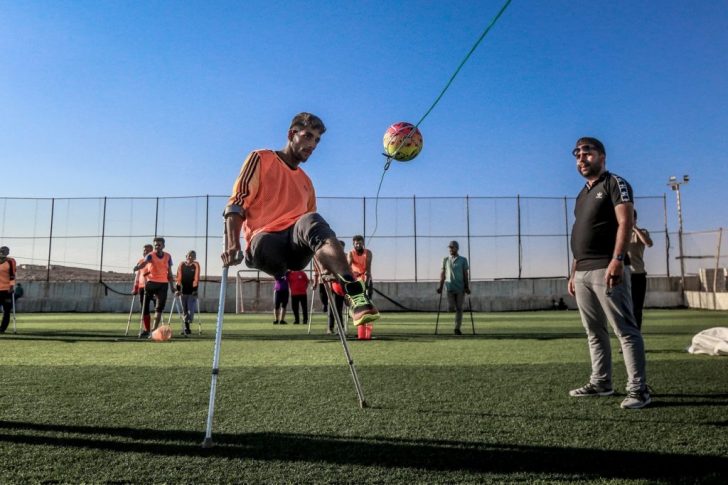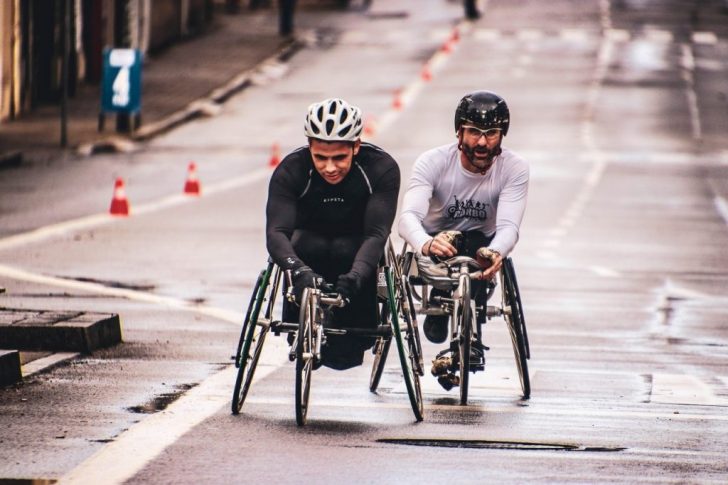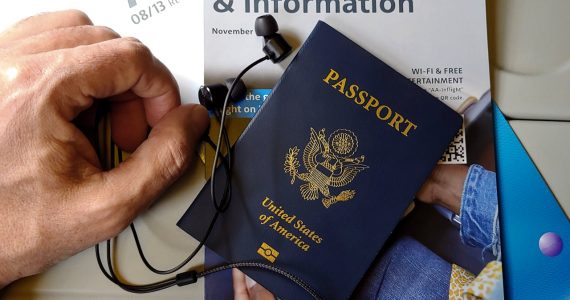People with disabilities are protected by the same laws as everyone else. We all have fundamental human rights like freedom, respect, equality, and dignity. We have the right to live to our full potential, exercise control over our own lives, and live free from abuse or neglect.
There are also specific laws in place that protect the rights of people with disabilities. If you feel that your human rights have been violated, or that you have been discriminated against, you have the right to file a complaint. There is support available for you if you need advice, information, or help with legal representation.
Parents with disabilities

A new report by the National Council on Disability outlines the child custody challenges that parents with disabilities face. In fact, the report found that “parents with disabilities are more likely to lose custody of their children after divorce, have more difficulty in accessing reproductive health care, and face significant barriers to adopting children.”
Two-thirds of dependency laws allow courts to find that a parent is unfit for parenting on the basis of a disability. Furthermore, courts must always consider the best interests of a child when determining child custody and may find that a parent’s disability prevents him or her from caring properly for the child. While this may not be the case, in reality, the stigma is still there.
Parents with disabilities face enough challenges without also facing discrimination in the family court system. Judges and family law attorneys must also act on their own to understand the challenges that parents with disability face in custody proceedings, challenges that are greater than those they face as parents, such as financial burdens or ABLE account considerations. Below are tips for attorneys to assist in making sure these families are afforded their rights.
Connect the parent with appropriate disability services
It is important that parents with disabilities are connected with the appropriate disability support services. For instance, local centers for independent living or clubhouses can assist parents with disabilities with housing, employment, transportation, personal assistant services, and obtaining financial or health benefits.

Most states also have services for people who are Deaf or hard of hearing as well as for people who are blind or have low vision and for people with intellectual disabilities. In addition, many states provide mental health services as well as peer support for people with psychiatric disabilities. Ensuring that your client has the appropriate support in place will greatly help you in demonstrating that your client can safely care for his or her children.
Be aware of potential domestic violence and traumatic experiences
Women with disabilities are much more likely to experience intimate partner violence than non-disabled women. Moreover, some parents with disabilities have reported a reluctance to leave abusive partners because they fear discrimination in custody or visitation proceedings.

The effects of violence and trauma can have long-term consequences. Moreover, parenting evaluations and courtroom experiences may be re-traumatizing for some clients. Therefore, it is important to consider whether your client is a domestic violence survivor and its effect on the present case. It is equally important to ensure your client has access to support and services for violence and trauma services.




